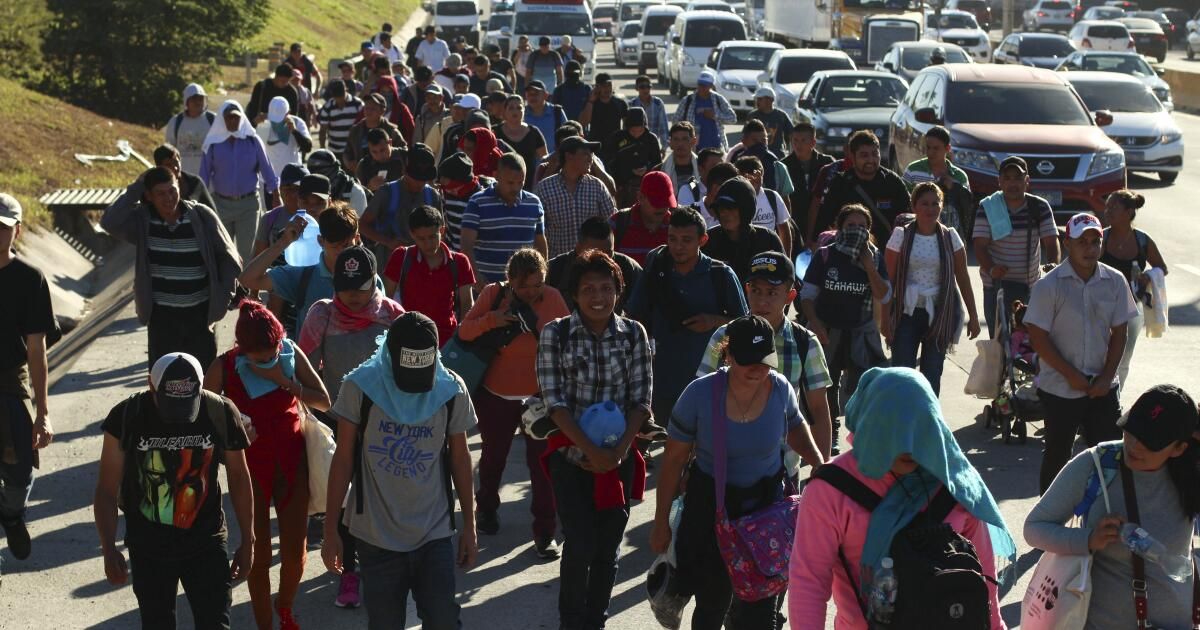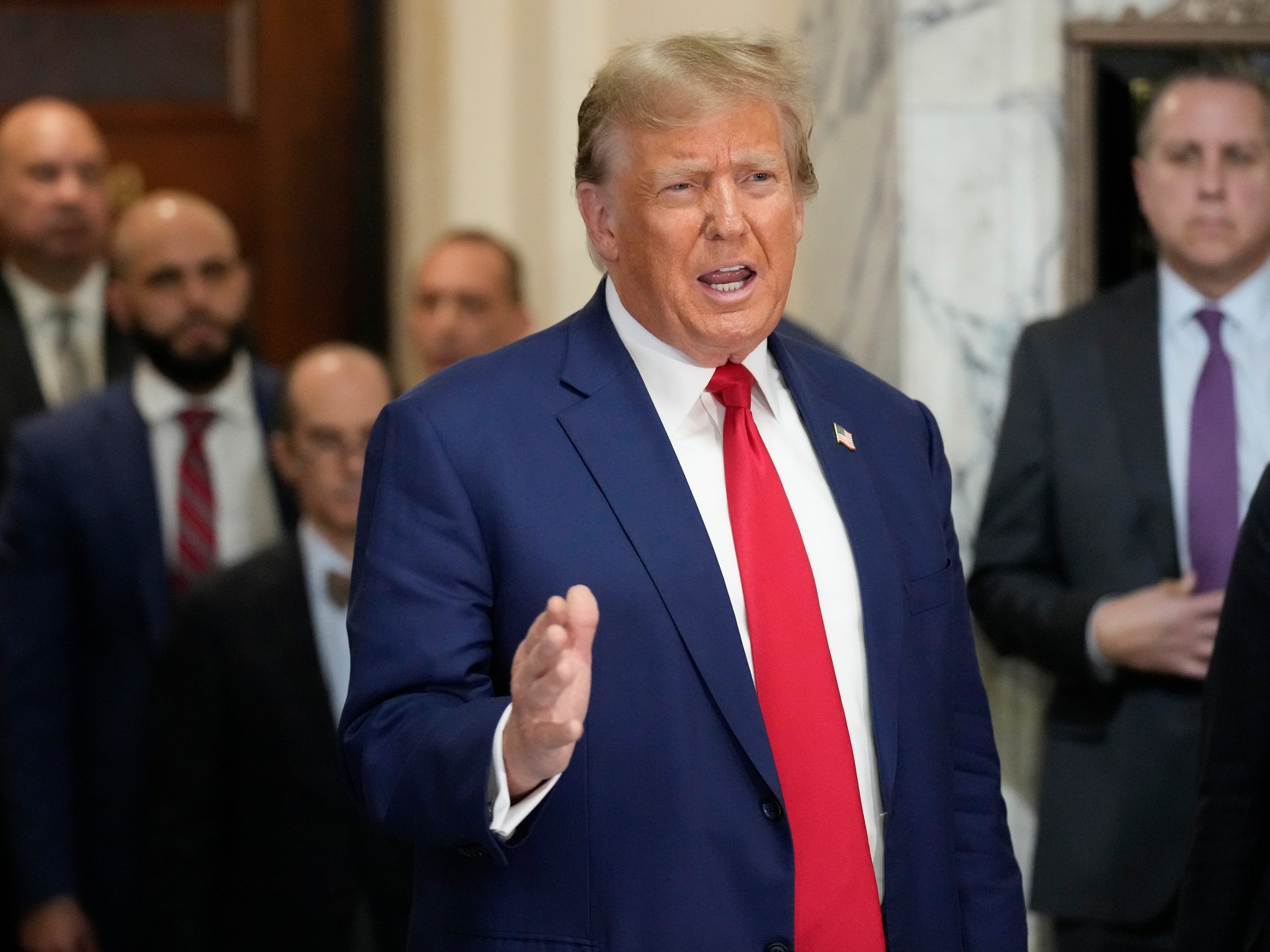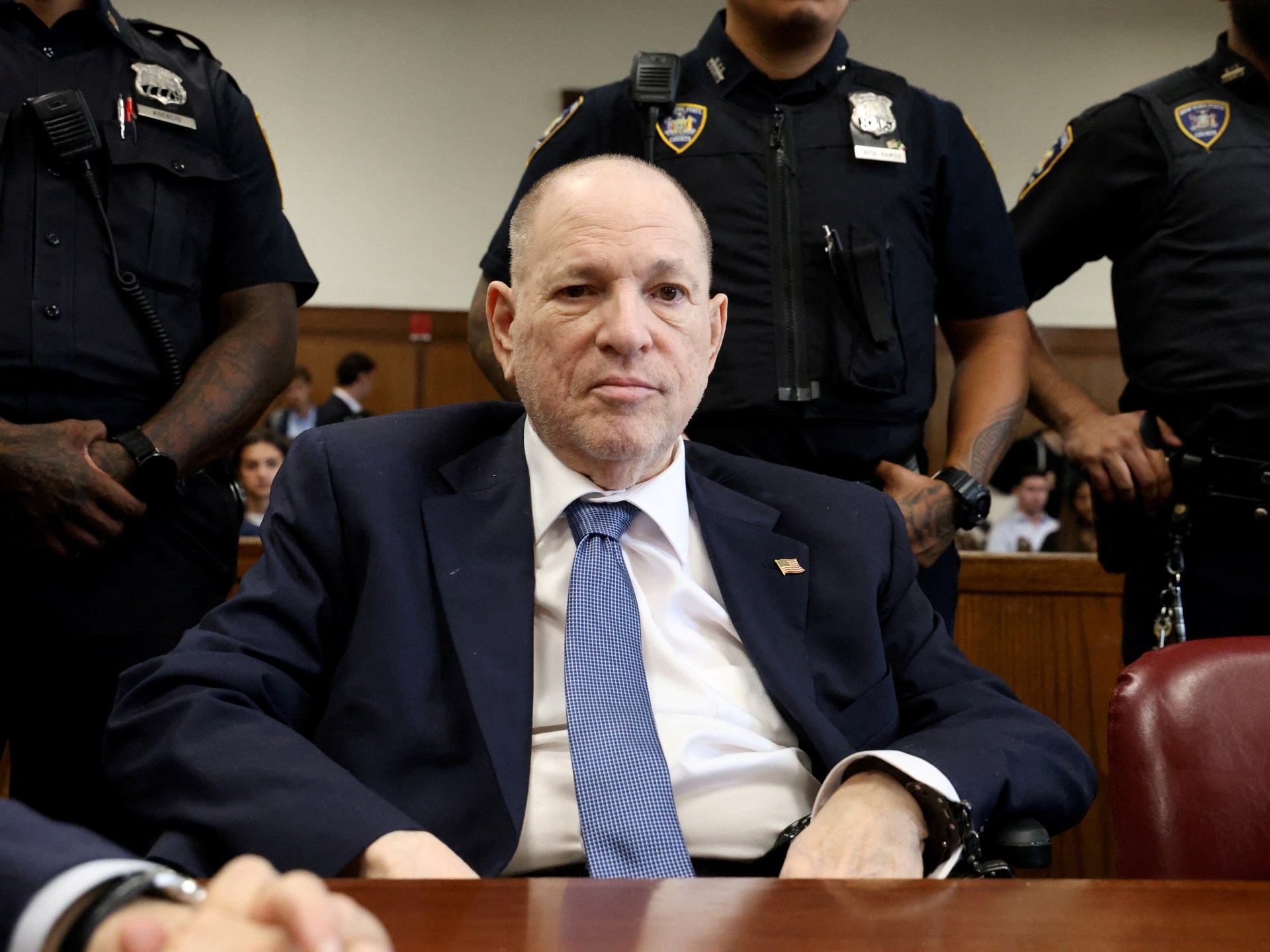Donald Trump, JD Vance and other Republicans incessantly disparage Democratic presidential candidate Kamala Harris as the leader of the Biden administration. “failed border tsar” This seriously distorts and undermines both the immigration policy she pursued and her record of implementing it.
“Border czar” is a mischaracterization of Harris’ role in government immigration policymaking. She was never tasked with improving border security.
In fact, its remit was to promote a different and complementary approach to controlling unwanted immigration: addressing the reasons why migrants felt the need to leave their homes.
Experts agree that attacking the drivers of international migration — poverty, unemployment, drug- and gang-related violence, agricultural failures due to climate change, corruption and other rule-of-law issues — is essential to reducing pressure on our southern border. Without progress on that front, enforcement adjustments at the U.S. border will never have a lasting impact.
But efforts to address the “root causes” of migration must be done within a realistic time frame. The drivers of migration have been intensifying for decades or even generations in the countries that produce the bulk of the influx. It will take years—likely several presidential terms—for an approach focused on root causes to achieve highly visible results.
Investments aimed at addressing root causes are therefore not a quick fix, but neglecting them entirely or until the border is “secure” (as Trump and other Republicans insist) only delays sustainable immigration management. Harris helped lay the groundwork for longer-term solutions through intensive diplomacy with Latin American leaders and other interests.
This highlights another requirement of the root cause strategy: it cannot be implemented unilaterally, but requires often complicated and difficult negotiations with other governments, civil society groups, development banks and multinational corporations.
Harris's name is very appropriate. “Alliance for Central America” The bill, launched in July 2021, was a collective effort. It raised more than $5.2 billion in private-sector commitments for job-creating projects in immigrant-sending countries. To do so, Harris had to navigate formidable impediments to effective governance in countries like Honduras and Guatemala, where authoritarian presidents were deeply implicated in corruption and drug trafficking.
Harris’s first task was to persuade elected officials in the three “Northern Triangle” countries — Honduras, Guatemala and El Salvador — to join U.S.-led development projects in those countries. She then had to persuade multinational corporations to fund job creation and bring civil society groups into those public-private partnerships. Diplomacy, fundraising and coalition-building were necessary elements for success.
Addressing the causes of migration has another important and unavoidable limitation: it cannot be done on a global scale. The need for sustained diplomacy, coalition building and raising private capital makes this impractical.
Harris’ geographic portfolio was limited to Mexico and the Northern Triangle. When she began working on the project, that small subset of countries accounted for the majority of migrants arriving at the U.S.-Mexico border.
But as the COVID-19 pandemic subsided, migrants became much more diverse in terms of their national origins. In 2021, dozens of countries, including China, India, Russia and much smaller countries like Mauritania, began exporting large numbers of migrants. Migrants entered through Ecuador, Colombia and the Darien Gap in Panama. Millions more left Venezuela due to economic collapse and political violence under the regime of Nicolás Maduro.
By the end of last year, more than half of the migrants arriving at the southern border were coming from places other than Mexico and the Northern Triangle countries. Suddenly, the challenges of managing migration had become much more difficult. This marked a sea change in global migration that Harris was in no way responsible for, but which made her task much more complicated.
Still, the vice president’s efforts to implement a strategy focused on the root causes of the problem have yielded tangible results. In recent years, migration from the Northern Triangle to the U.S. border has steadily declined, while the flow of Mexicans fleeing the wave of drug cartel violence has increased.
Harris deserves her share of credit for this. The Biden-Harris administration’s record on border control is certainly uneven, but that should not distract from the progress made through Harris’ efforts to address the root causes of immigration.
For too many people in Latin America, staying home is the worst possible option. If we want to change that calculus, we need to make investments like the ones Harris advocates, and not treat them as a political game.
The mixed results on border control also do not excuse Congress's abject failure to fix a deeply flawed immigration system that has not been reformed since the 1990s. Inadequate pathways for legal immigration only encourage unauthorized migration, regardless of the cause.
Wayne A. Cornelius is a distinguished professor emeritus of political science at UC San Diego and was the founding director of the university’s Mexican Migration Field Research Program.












